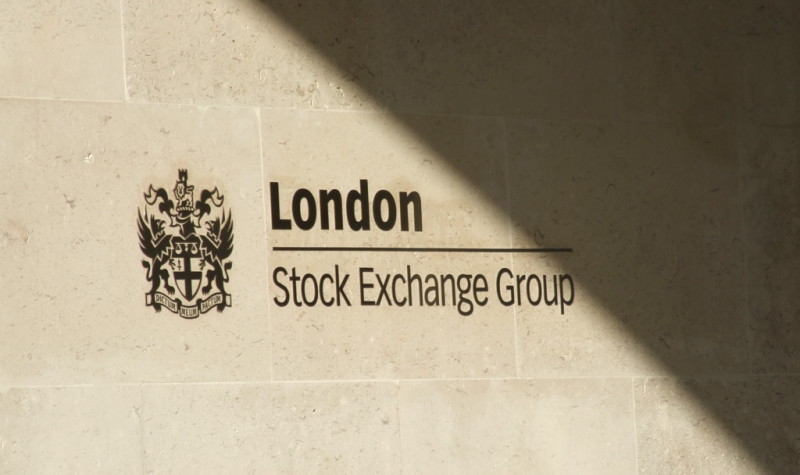Exclusive: Glencore Working on Privatisation

Glencore’s senior management is planning to privatise the business, Master Investor understands, based on exchanges with high-level sources involved.
The move comes only 4 years after its listing for $59bn in May 2011 and after a collapse in the company’s share price in recent months, on worsening trade figures from China. “We were never long and remained cautious on China,” a Glencore source told Master Investor on Wednesday. “However once you own mines you are always long.”
As the group’s shares have spiralled, plummeting 30 per cent on Monday and 70 per cent since May, media coverage has been quick to jump to schadenfreude, assuming Glencore’s management had talked-up its game, overloaded its balance sheet and was just as susceptible to the cycle as anyone else.
A privatisation however would flip the assumption on its head, allowing management to repurchase the company at the bottom of the market, having sold it to equity investors at the highest ever point in the copper price.
Citigroup
The move has already been hinted at by Citigroup. The bank has a close working relationship with Glencore’s chief executive Ivan Glasenberg and on Tuesday, its research arm, which is meant to be detached from its investment banking division, appeared to prep the market for what is to come.
If the stock market “continues to express unwillingness to value the business fairly,” analysts at Citibank wrote, “management should take the company private, whereby restructuring measures can be taken easily and quickly.”
Glencore is meanwhile holding meetings with debt investors today, who will be pivotal to any restructure and a jump out of its London listing.
Traders
The move would rank as one of the greatest ever trades. Glencore’s flotation turned many of its senior traders into billionaires overnight, in London’s largest ever listing, which went straight into the FTSE 100.
Their wealth is thought to have sunk with Glencore’s share price, but it has never been clear how much money they took off the table at the time of the IPO, which sold over $10bn of shares to investors in London and Hong Kong.
Equity investors, who had bought into Glencore’s thesis that its $178bn trading division gives it a unique insight into the metal markets, are bound to be left fuming by the move. Having listed at £5.30, the stock sunk to 67p on Monday.
First Reserve
Glencore insiders however appear to have played the market more deftly. William Macaulay for example, who runs US-based private equity firm First Reserve and is a non-executive director at Glencore, made a well-timed move to the door in May this year, immediately before the sudden collapse in Glencore’s stock.
First Reserve placed 34m shares via Deutsche Bank, whilst Macaulay, a softly-spoken bird watcher who Glasenberg has described as “one of the most astute investors and dealmakers across the commodities industry”, sold 28m shares that he held personally in early May for over £3.00 each. Glencore last traded at 89p.
Comments (0)